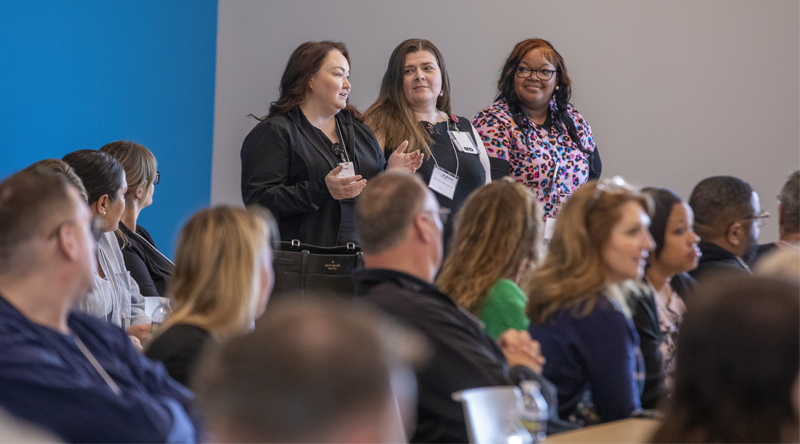Holistic Approach to Mental Health Vital for Correctional Facilities
By Dr. Anthony Waters
Across the country, May is recognized as Mental Health Awareness Month. In recent years, we have witnessed an unprecedented rise in mental distress, underscoring the urgent need for effective and efficient mental health treatment. While meaningful efforts have been made to destigmatize seeking help, there is still much work to be done. Access to care remains too limited, and when care is available, stigma continues to present a significant barrier to seeking help.
At YesCare, one of the nation’s leading providers of correctional healthcare, we recognize that jails and prisons are communities that involve complex social networks. These environments present unique challenges and opportunities for mental healthcare. As professionals working within these settings, we see ourselves as integral members of these communities, dedicated to improving the lives of those we serve. Our efforts include enhancing access to care and actively working to reduce stigma within these unique settings.
Within YesCare, behavioral health has been empowered and prioritized. We have a robust team of doctoral and master’s-level clinical professionals among our corporate leadership who work as equals alongside our psychiatry, nursing and primary care partners. This collaborative structure has enabled us to develop and implement numerous impactful programs that have evidenced positive results.
One of our key initiatives is suicide awareness and prevention. While suicide rates in jails and prisons are significantly higher than in the general community, at YesCare, we’ve demonstrated that this doesn’t need to be the case. We’ve achieved success through the implementation of evidence-based programming such as the Stanley-Brown Safety Planning Intervention (SPI), a brief intervention that involves creating a personalized safety plan with individuals at risk of suicide, identifying warning signs, coping strategies and sources of support.
Since suicide is the leading cause of death in jails and the third leading cause of death in prisons, we treat it with the same “gatekeeper” mentality that we approach other acute issues such as cardiac care. Every clinical encounter presents an opportunity to save a life by identifying and addressing immediate health concerns. To that end, we utilize the first two questions of the Columbia Suicide Severity Rating Scale (C-SSRS) during all nursing and primary care encounters. This approach ensures that we leverage every interaction to identify and address potential mental health crises.
In addition to our efforts in suicide prevention, we are equally dedicated to promoting recovery and rehabilitation. Our belief is that mental healthcare during incarceration must not be limited to managing acute symptoms, but should aim for sustainable recovery. Programs such as our Limitless Recovery initiative exemplify this approach.
Limitless Recovery is a self-directed or clinician-led program designed to facilitate resilience through understanding and proactive crisis planning. It helps patients build insight and inoculate themselves against stressors by establishing key supports internally and externally. This program empowers individuals to develop the skills and strategies they need to achieve lasting recovery and long-term well-being, even within the confines of incarceration.
Moreover, we have implemented a Forensic Service and launched our Jail-Based Competency Restoration Program. This program provides appropriate treatment and interventions for defendants deemed mentally incompetent to stand trial, eliminating the need for transfer to a state-run mental facility. This approach relieves the burden on overcrowded state hospitals, decreases the duration of incarceration for many individuals, and sets them on a path toward better mental health outcomes, thereby accelerating the adjudication process.
Our holistic approach to mental healthcare in correctional settings ensures that we address the full spectrum of needs, from immediate crisis intervention to long-term recovery and rehabilitation. This comprehensive care model not only improves the lives of the individuals we serve, but also strengthens the communities to which they will return.
Dr. Anthony Waters serves as Senior Vice President, Chief of Behavioral Health, at YesCare.

